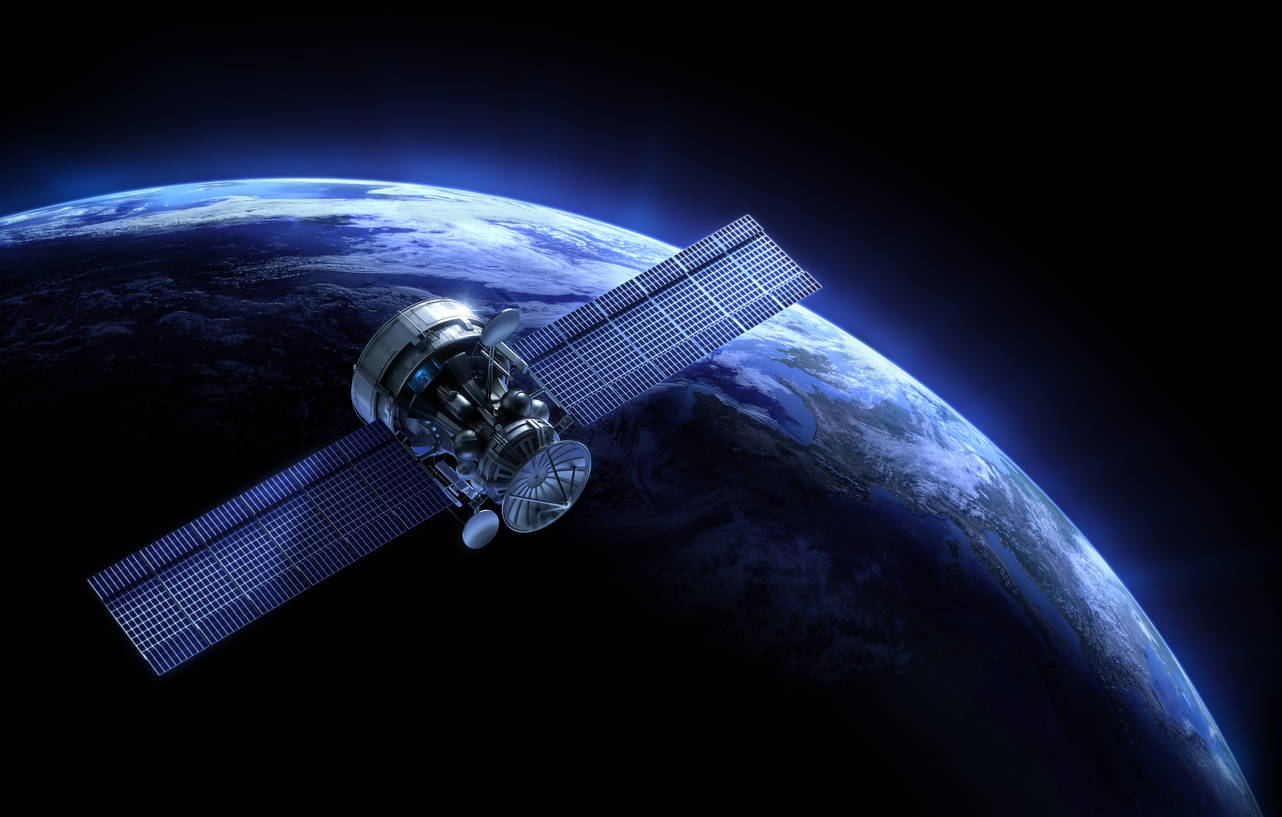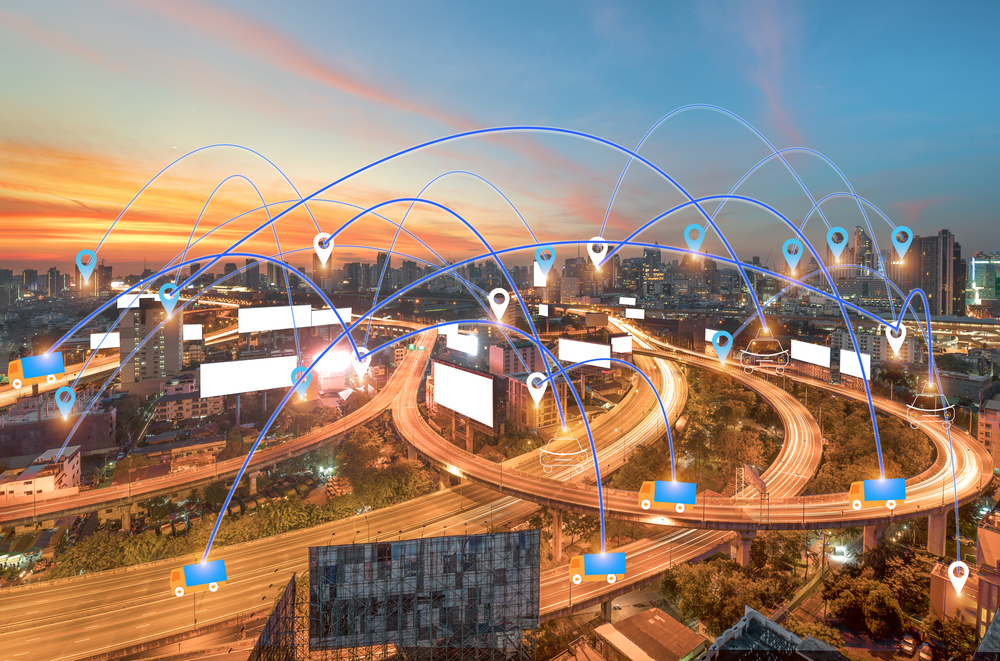This article explores the technology behind navigation and GPS systems, discussing how they work, their applications in various fields, and their advantages and disadvantages.
The ability to navigate is a fundamental human need. From ancient times, humans have used stars, landmarks, and other natural features to find their way. With the advent of modern technology, navigation has become easier and more accurate.
GPS and navigation have revolutionized the way we find our way, enabling us to explore the world with greater ease and confidence. In this article, we will discuss the technology behind navigation and GPS systems, their applications in various fields, and their advantages and disadvantages.
How Navigation Technology Works

Navigation technology works by using a system of satellites and receivers to determine a person’s location on the Earth’s surface. GPS stands for Global Positioning System, which is a network of satellites orbiting the Earth that can communicate with GPS receivers on the ground. GPS receivers can pick up signals from at least four satellites to determine a person’s exact location on the Earth’s surface.
Applications of Navigation Technology
Navigation technology has a wide range of applications in various fields, including aviation, marine navigation, land surveying, and automotive navigation.
In aviation, navigation technology is essential for the safe and efficient navigation of aircraft. Marine navigation also relies on GPS and navigation to ensure the safe and efficient passage of ships.
In land surveying, navigation is used to accurately measure and map the Earth’s surface. In automotive navigation, GPS and navigation technology have made it easier for drivers to navigate to their destination, avoiding traffic and finding the quickest route.
Advantages of Navigation Technology
One of the main advantages of navigation is its accuracy. GPS and navigation systems can provide highly accurate location information, making it easier to navigate in unfamiliar areas.
They can also provide real-time traffic updates and suggest alternate routes to avoid congestion and save time.
Navigation technology is also essential for emergency services such as search and rescue operations, enabling rescuers to quickly locate individuals who may be lost or injured.
Disadvantages of Navigation Technology
Despite the many advantages of navigation, there are also some disadvantages to consider. Navigation technology can be expensive, especially for professional use, and it may require specialized training to use effectively.
There is also a risk of over-reliance on GPS and navigation, which can lead to complacency and a lack of basic navigational skills. Navigation can also be susceptible to interference from other sources, such as buildings and other structures.
Future Developments in Navigation Technology
As technology continues to advance, so too does navigation. Future developments may include greater accuracy, increased speed, and improved integration with other technologies.
For example, augmented reality and virtual reality could be used to enhance navigation experiences, and artificial intelligence could help to make navigation systems more intuitive and responsive.
Types of Navigation Technology
There are different types of navigation technology available, each with its own advantages and limitations. Inertial Navigation System (INS) is a navigation technology that uses accelerometers and gyroscopes to determine the position and orientation of a moving object.
INS is commonly used in aircraft and missiles, where GPS signals may be blocked or jammed. Another type of navigation technology is LORAN (Long Range Navigation), which uses radio signals to determine a person’s position.
LORAN is primarily used in marine navigation, where GPS signals may be blocked by physical obstacles such as tall buildings or mountains.
Advancements in GPS Technology
GPS has come a long way since its inception in the 1970s. The original GPS system had limited accuracy and was primarily used for military purposes.
However, advancements in technology have made GPS more accurate and widely available for civilian use. The introduction of the Global Navigation Satellite System (GNSS) has further improved GPS accuracy, allowing for precise location information in areas where GPS signals may be weak or obstructed.
The Use of GPS in Everyday Life

GPS has become an essential tool in everyday life, making it easier for people to find their way and explore new places. GPS is used in smartphones, smartwatches, and fitness trackers, providing users with real-time location information and directions.
GPS is also used in the automotive industry, where it is integrated into cars’ navigation systems to provide drivers with real-time traffic updates and alternate routes.
Privacy Concerns
While GPS has many advantages, it has also raised privacy concerns. GPS-enabled devices can be used to track a person’s movements and location, which can be a violation of their privacy.
This has led to concerns about the use of GPS by law enforcement and government agencies, as well as the potential for hackers to access GPS information and use it for nefarious purposes.
Conclusion
Navigation and GPS have revolutionized the way we find our way, making it easier and more accurate than ever before. These technologies have a wide range of applications in various fields, including aviation, marine navigation, land surveying, and automotive navigation.
While there are some disadvantages to consider, the advantages of navigation far outweigh them. With continued advancements in technology, we can expect navigation to become even more accurate, efficient, and intuitive, making it an essential tool for exploring the world.
